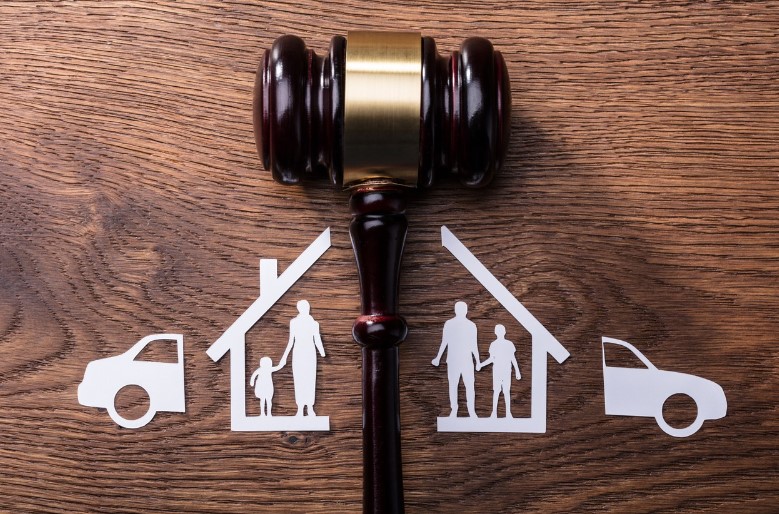
Family law deals with various issues, including divorce, custody, alimony, child support, prenuptial agreements, and much more. The primary purposes of family law are to establish fair rules and regulations for family relationships, protect children from abuse or neglect, and establish a fair and just property division. It is not uncommon to hear people talk about family law in a negative light, as they believe that it is unfair for parents to split up, but it does not have to be this way. Instead, it can be a very positive force that can help families work through difficult times.
Institutionalization of the family
In the past, family law was largely prescriptive. For example, it provided for the allocation of property between marrying groups. However, this reliance on individual decision-making has begun to change. Today, felony lawyer Jacksonville NC more concerned with personal obligations.
Family constitutions are essential to establishing boundaries and responsibilities among family members. They also help to resolve conflicts. As a result, they are generally updated to keep up with changing legislation.
The family business is a business where the family members make management decisions. These businesses usually have a short lifespan. That is why they need to have continuity to remain successful. The family constitution helps ensure continuity and create an institution’s identity.
There are many ways to create a family constitution. Some of them include defining the duties and responsibilities of family members, working conditions within the company, and succession plans.
Protecting both mothers and fathers from unfair treatment
Family law may not be for everyone, but it can be an excellent way to determine the details of your divorce or custody battle. A good family lawyer can help you navigate the complex legal jargon and develop an amicable agreement on splitting parenting duties. Often, the court will assign a lawyer to represent you.
If you have the budget, consider joining a free legal assistance program such as Cornell Legal Aid. Their services are geared toward low-income families, and you might qualify for them even if you do not have a law degree.
There are many resources out there that can give you the information you need to navigate the Family Court system maze. These include online courses, office services, and publications. You can find out if you are eligible for these services by contacting your local county’s Family Court Office.
Relocation, travel, and the Hague Convention
Relocating with children can be a thankless endeavor, but with the advent of online nanny services and Skype, life has become much more manageable. But that’s not to say it’s been a walk in the park. Aside from the obvious financial costs, there are other concerns like the safety of your children. Luckily, there are many family law services out there that can help you navigate the minefield. Some more popular services include drafting legal documents, filing motions, and even dealing with mundane tasks such as collecting alimony or paying the bills. With the proper guidance, your life could be a lot more carefree. And that’s not to mention the other perks of living abroad.
For starters, several family law conventions are worth a look at. The most notable is the Hague Convention, or the Convention of 25 October 1980, which lays down the gauntlet for negotiating a fair and equitable settlement of your child custody dispute.
Child maltreatment, even when neither abuse nor neglect is formally alleged
Child maltreatment occurs in many forms, from physical abuse to neglect, and these forms have a wide range of potential consequences. In addition to the harmful physical and emotional effects, children who are victims of abuse are more likely to develop personality disorders, depression, and anxiety.
Physical child abuse occurs when a parent or other adult inflicts severe bodily injury on a child. This can include shaking, bruising, or even kicking. It may also occur as a result of common childhood accidents.
Neglect occurs when a parent or other person fails to protect a child from dangers known to be present. These include exposure to violence, corruption, or criminal behavior. In addition, failure to provide appropriate supervision can lead to physical and sexual abuse.
Emotional child abuse includes humiliating or intimidating behaviors. These behaviors can also involve threatening or rejecting behavior. In addition, such behaviors may consist of shaming, belittling, and being extremely isolating.



